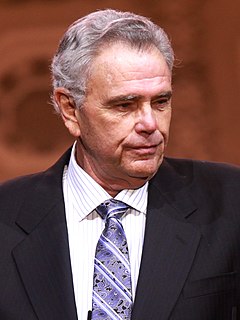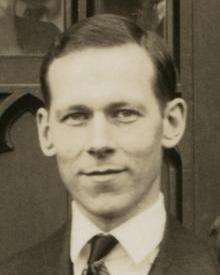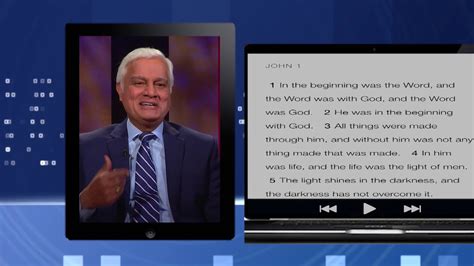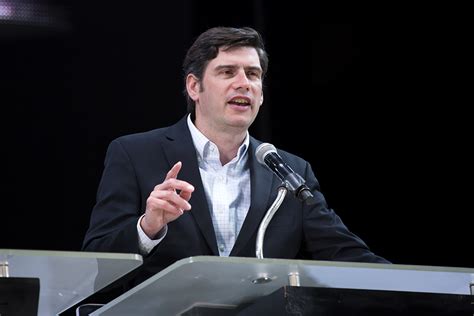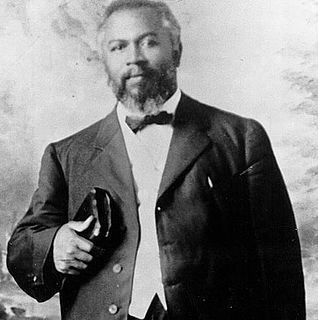A Quote by James Robison
Related Quotes
Internally, we're focused on building our own technology, leveraging all the momentum that's out there around wearable computing and mobile computing and PC computing. But at the end of the day, all the code we've written and all the invention we've created has been focused on our own tech and our own products.
If you look back over the history of computing, it started as mainframes or terminals. As PCs or work stations became prevalent, computing moved to the edge, and we had applications that took advantage of edge computing and the CPU and processing power at the edge. Cloud computing brought things back to the center.
Cloud computing means you are doing your computing on somebody else's computer. Looking ahead a little, I firmly believe cloud - previously called grid computing - will become very widespread. It's much cheaper than buying your own computing infrastructure, or maybe you don't have the power to do what you want on your own computer.
I would like to emphasize strongly my belief that the era of computing chemists, when hundreds if not thousands of chemists will go to the computing machine instead of the laboratory for increasingly many facets of chemical information, is already at hand. There is only one obstacle, namely that someone must pay for the computing time.
Computers and computing are all around us. Some computing is highly visible, like your laptop. But this is only part of a computing iceberg. A lot more lies hidden below the surface. We don't see and usually don't think about the computers inside appliances, cars, airplanes, cameras, smartphones, GPS navigators and games.
